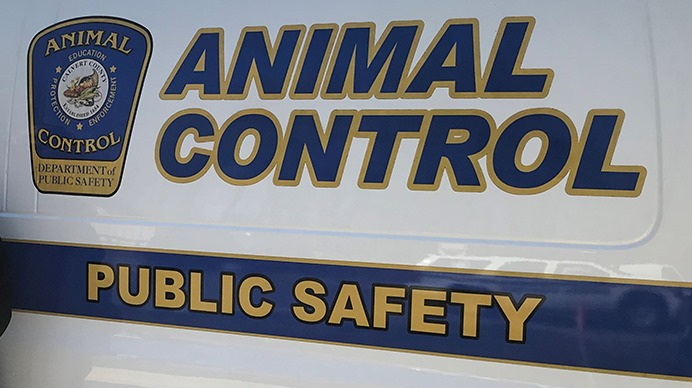Animal cruelty is a grave issue that affects countless creatures, both domestic and wild. The laws surrounding this topic vary significantly from one jurisdiction to another. In Maryland, animal cruelty is indeed regarded with utmost seriousness, and depending on the circumstances, it can be classified as a felony. Understanding the legal framework, the role of law enforcement, and the avenues available for reporting animal cruelty is essential for fostering a society that values the humane treatment of all living beings.
Maryland’s animal cruelty laws are encapsulated in Section 10-601 through Section 10-605 of the Maryland Criminal Law Article. At the core of these statutes lies a commitment to protecting animals from unjust suffering. The law defines various acts of cruelty, encompassing a broad range of offenses. Some behaviors that can be categorized as animal cruelty include beating, mutilating, or killing an animal unnecessarily, as well as abandoning pets and neglecting their basic needs for food, water, shelter, and veterinary care. Such actions are not merely unethical; they are illegal.
In Maryland, animal cruelty can be classified into two categories: misdemeanors and felonies. The law classifies animal cruelty as a felony primarily when the act is particularly egregious or involves intent to cause significant harm. For instance, individuals who inflict severe physical injury or subject animals to torture may face felony charges. This classification not only underscores the severity of the offense but also aligns with the potential penalties, which can include significant fines and incarceration.
Additionally, the penalties for animal cruelty under Maryland law are separated into first and second-degree offenses. A first-degree animal cruelty charge can result in a maximum fine of $5,000 or imprisonment for up to three years. Conversely, misdemeanors may lead to a lesser fine or shorter jail time but still reflect the importance of preventing animal abuse. Such distinctions in legal classification emphasize a robust approach to deterring cruelty through stringent penalties.
The Maryland Department of Natural Resources (DNR) and local law enforcement agencies play pivotal roles in enforcing animal welfare laws. In Maryland, animal control officers are often the frontline defenders against cruelty. These officers are trained to handle cases of animal mistreatment and neglect. They possess the authority to investigate allegations and, when warranted, seize animals from abusive situations. Their work is often highlighted in cases that attract public attention, such as a recent incident involving a Chesapeake Beach woman charged with thirty counts of animal cruelty. Such high-profile cases serve to raise community awareness and illustrate the commitment of authorities to combatting animal abuse.
Reporting animal cruelty is a critical action that every concerned citizen should be prepared to take. Most jurisdictions in Maryland facilitate the reporting of suspected cruelty through various channels. Local animal control departments are typically the first point of contact. They can be reached via phone or through their websites, which often have dedicated forms for reporting suspected cases of animal abuse. Anonymity may be an option for those who wish to remain discreet while still providing essential information.
Moreover, citizens are encouraged to document any signs of abuse or neglect. This documentation can include photographs, videos, and detailed notes about the conditions observed. Such records serve as invaluable evidence that can aid investigators in understanding the severity of the situation. The more information and detail provided in a report, the better equipped law enforcement professionals will be to evaluate the claims and take appropriate action.
Moreover, various animal welfare organizations operate within the state, offering additional avenues for reporting cruelty. These organizations often have dedicated hotlines and can assist in the investigation process. They may also provide resources for educational outreach, community programs, and other initiatives aimed at raising awareness about animal welfare. By collaborating with these groups, individuals can amplify their efforts in support of the humane treatment of animals.
Furthermore, public awareness campaigns have significantly enhanced the landscape of animal welfare in Maryland. Education about what constitutes animal cruelty and the signs to watch for in potential cases has been pivotal. Schools, community centers, and local organizations often host workshops and seminars designed to enlighten the public about adopting a compassionate approach to animal care. Engagement in community events fosters a culture of accountability, ensuring that cruelty will not be tolerated.
In conclusion, animal cruelty is a serious felony in Maryland, with laws designed to protect animals from inhumane treatment. Understanding the legal framework is crucial for anyone wishing to advocate for animal welfare. Law enforcement agencies, animal control officers, and the broader community are all vital players in this endeavor. Awareness and education can empower citizens to report cruelty effectively, fostering a collective responsibility towards providing a better environment for all animals. By coming together and standing against cruelty, we can create a safer and more compassionate future for these voiceless beings, ensuring they receive the kindness and respect they inherently deserve.








